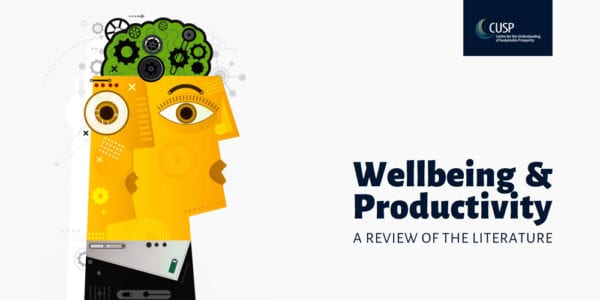Dance, wellbeing and our professional lives: A new cross-cultural research study
The global Covid-19 pandemic is affecting people’s lives across the globe. A team of researchers at Middlesex University, a CUSP partner institution, is conducting a project exploring the potential effects of dance on well-being and on our professional life across cultures. If dance is part of your life, please consider answering the survey at the bottom of the page.

The benefits of physical exercise on mental and physical health have been known since the ancient Greek and Roman times, often summarised by the motto ‘mens sana in corpore sano’— a healthy mind in a healthy body. Whilst the extent to which the mind and the body are related is philosophically contested (see for example Descartes’ notion of mind-body dualism), recent research is providing further evidence—if we needed any—on their vital connections: keeping active and exercising is not only good for our physical health but has also important consequences for our mental health.
Although many forms of physical exercise have beneficial effects, dance is a particularly interesting one. Current studies, carried out by scholars across a diverse range of fields including psychology and neuroscience, are showing how dance can give us an additional boost. Dance is improving cognitive functions and ultimately the well-being of a wide range of individuals and particularly those affected by dementia. Dance blends the positive effect of music, which stimulates the reward center of the brain, with the motor, sensor and coordination regions of the brain. Dance involves memory, emotions and creativity—the secret of its success is its complexity.
In recent years, organisations such as Dance Well and the Aesop Institute’s Dance to Health have been successfully running programmes of dance sessions for elderly people. Dance has also been used as therapy to treat diseases such as Parkinson’s. Promoting connections among people and contributing to a heightened sense of community and inclusivity, such initiatives have resulted in growing interest, increasingly involving wider demographics with a developing focus on social contexts.
Can dance also affect our professional life? Economists have long recognised the positive relationship between cognitive skills and productivity. In a recent paper by some of our CUSP colleagues reviewing the literature on wellbeing and productivity, wellbeing has been acknowledged as a key factor in work performance. Bringing together questions of dance, well-being and productivity, we now ask which effect this has during the pandemic.
It is without a doubt that the outbreak of the Covid-19 pandemic has profoundly changed most, if not all of our working lives. Those of us who are not key workers have spent significantly more time at home than before. Adjusting to the “new normal” often involves a new working routine, while keeping fit at home and maintaining our wellbeing becomes more important than ever.
Indeed, as a result of this, the dance world had to quickly adopt to the changing environment and move to online delivery of classes to a much larger scale than ever before. While it is easier to study the effects of practices such as yoga, dance—as a widely practiced physical activity across cultures—deserves more attention.
Survey
In our new study, we have set out to explore the effects of dance on wellbeing and productivity. To this end, we are inviting dance hobbyists and aficionados who practice dancing in their free time at home (even just under the shower), novices, semi-professionals as well as professional dancers alike to complete our survey. We want to hear from you, wherever you are in the world.
Links
- Link to the survey: https://mdxl.eu.qualtrics.com/jfe/form/SV_9ubHeS5Uc2x6qod
- In case you prefer a language other than English, please use the following link to our website, where you can choose from a variety of other languages.



